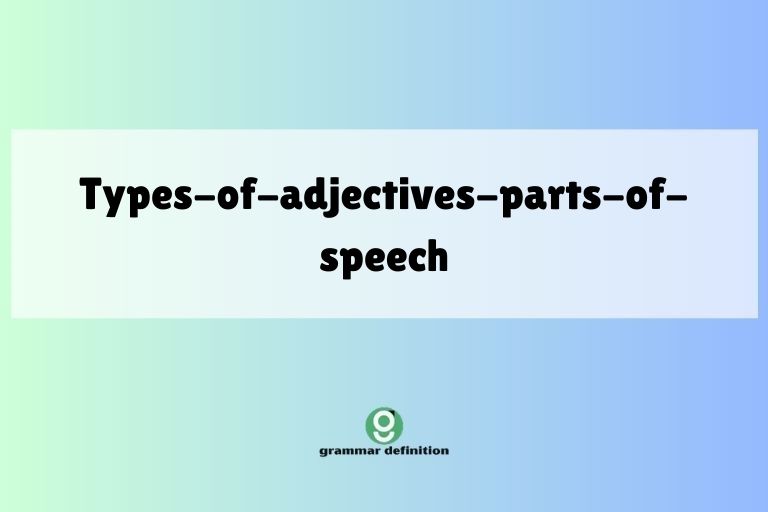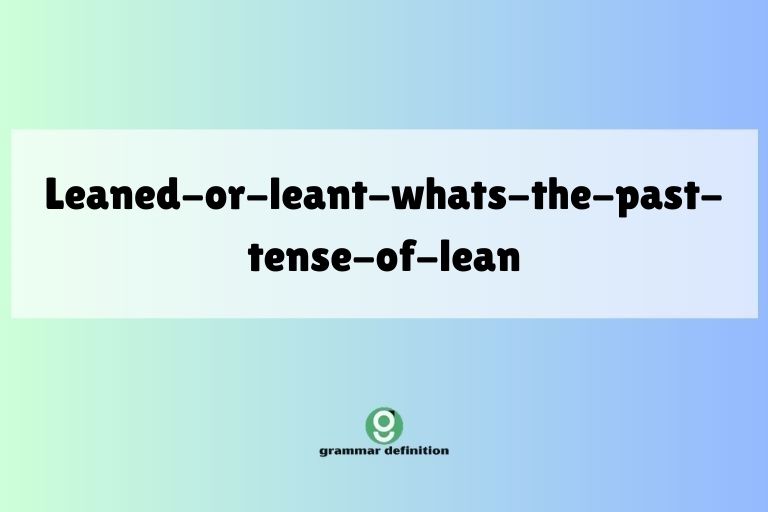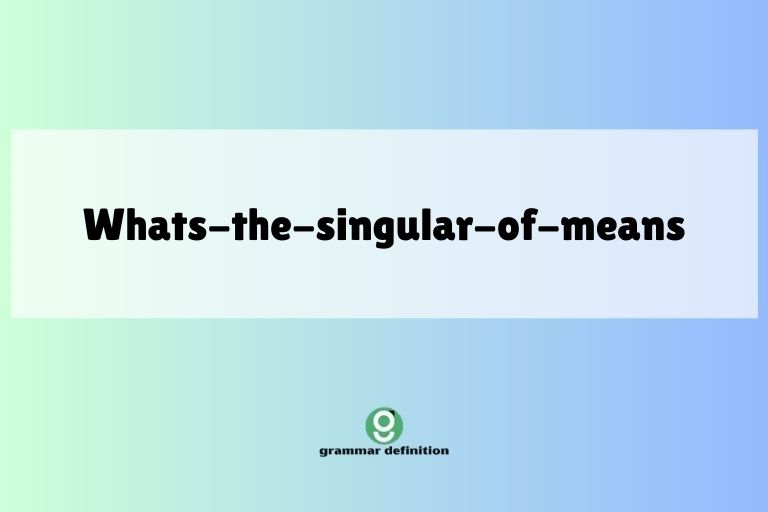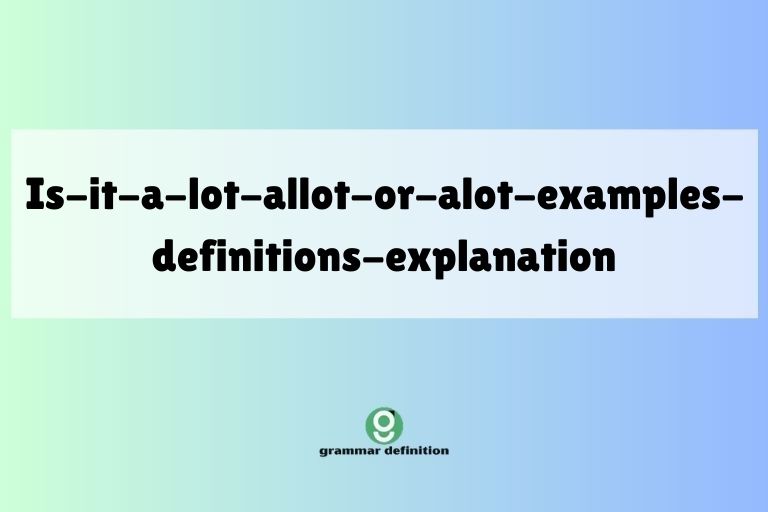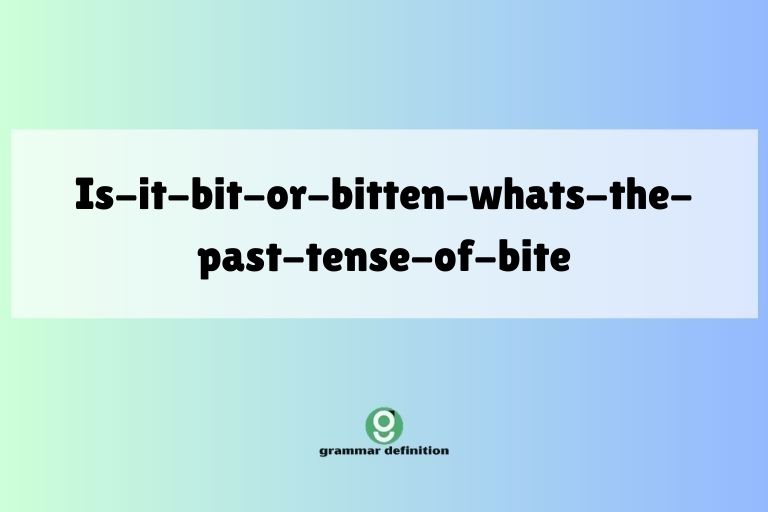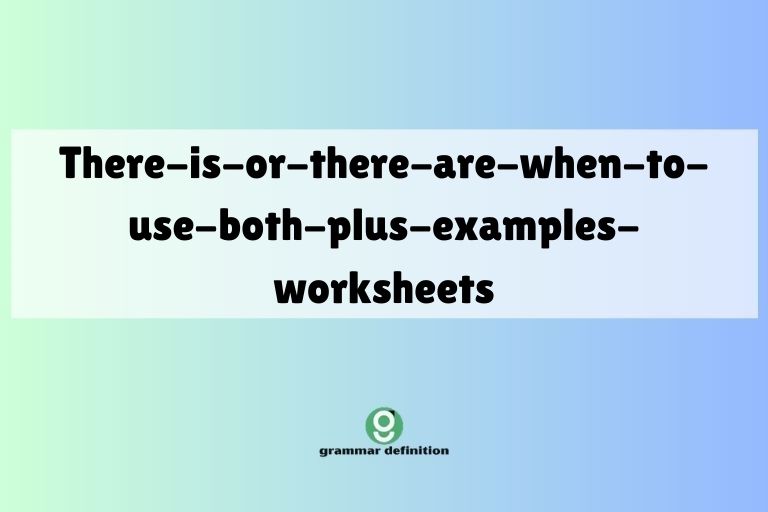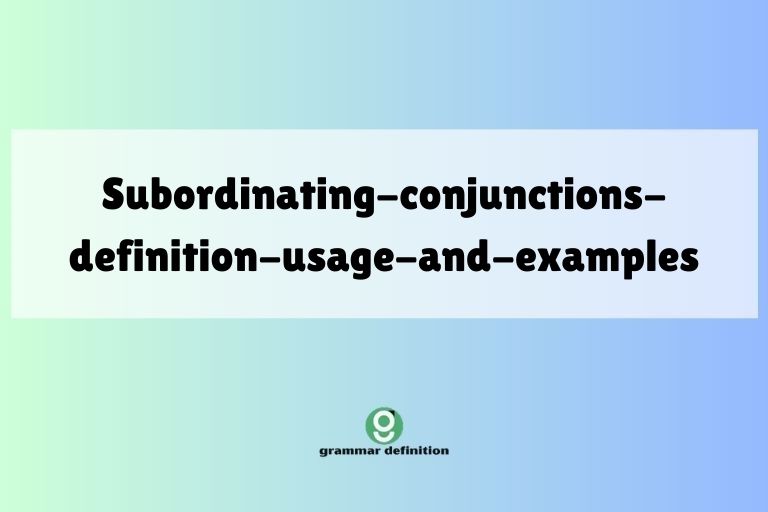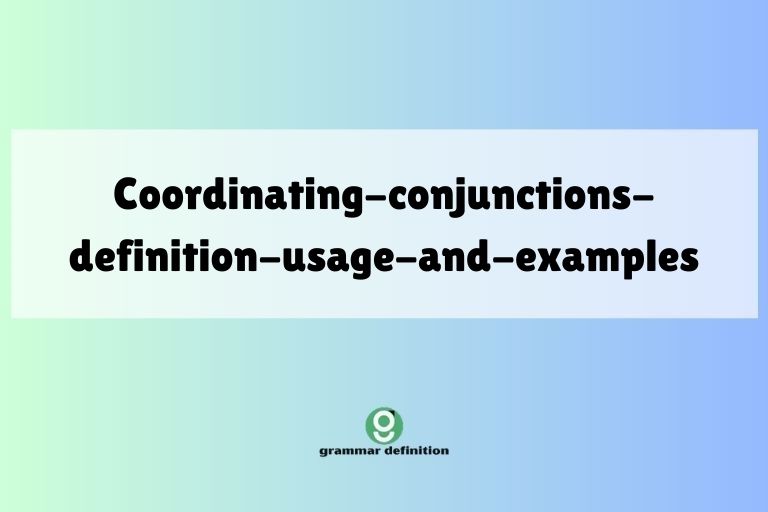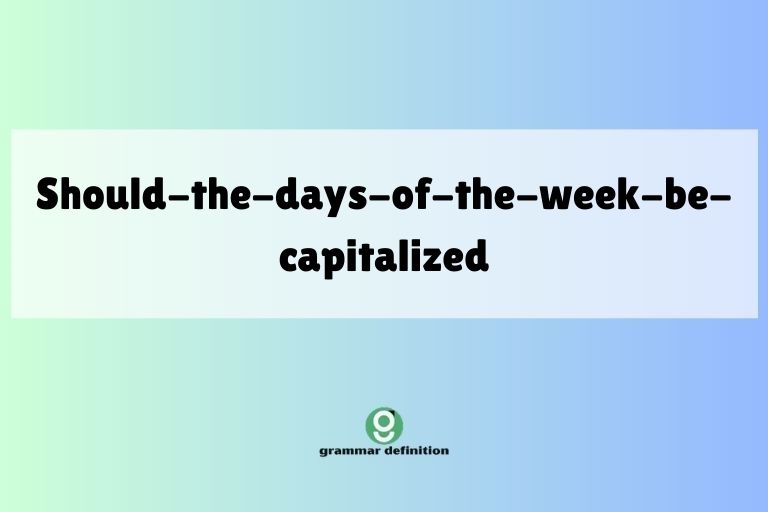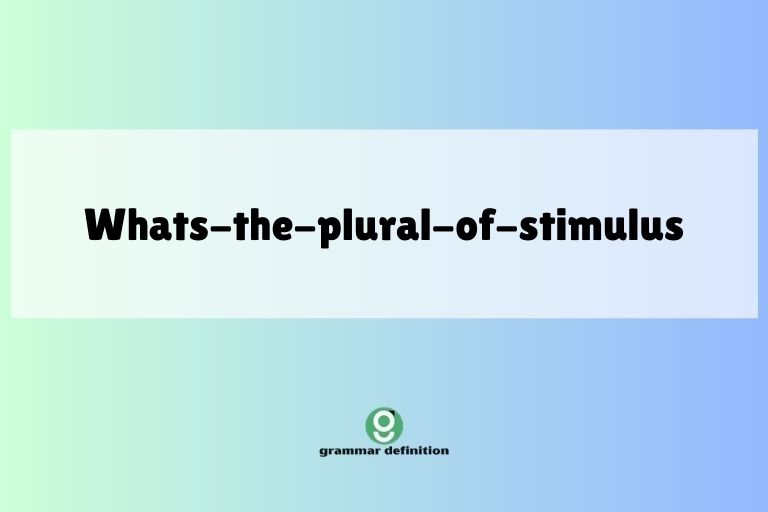Understanding Adjectives: Types and Usage in English Grammar
Adjectives are fundamental to descriptive language, adding richness and detail to our communication. Mastering adjectives is crucial for anyone seeking to improve their English proficiency, whether for academic, professional, or personal reasons. This article provides a comprehensive guide to adjectives, exploring their various types, functions, and usage rules. By understanding the nuances of adjectives, learners … Read more

